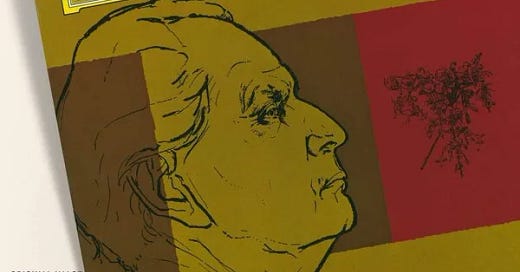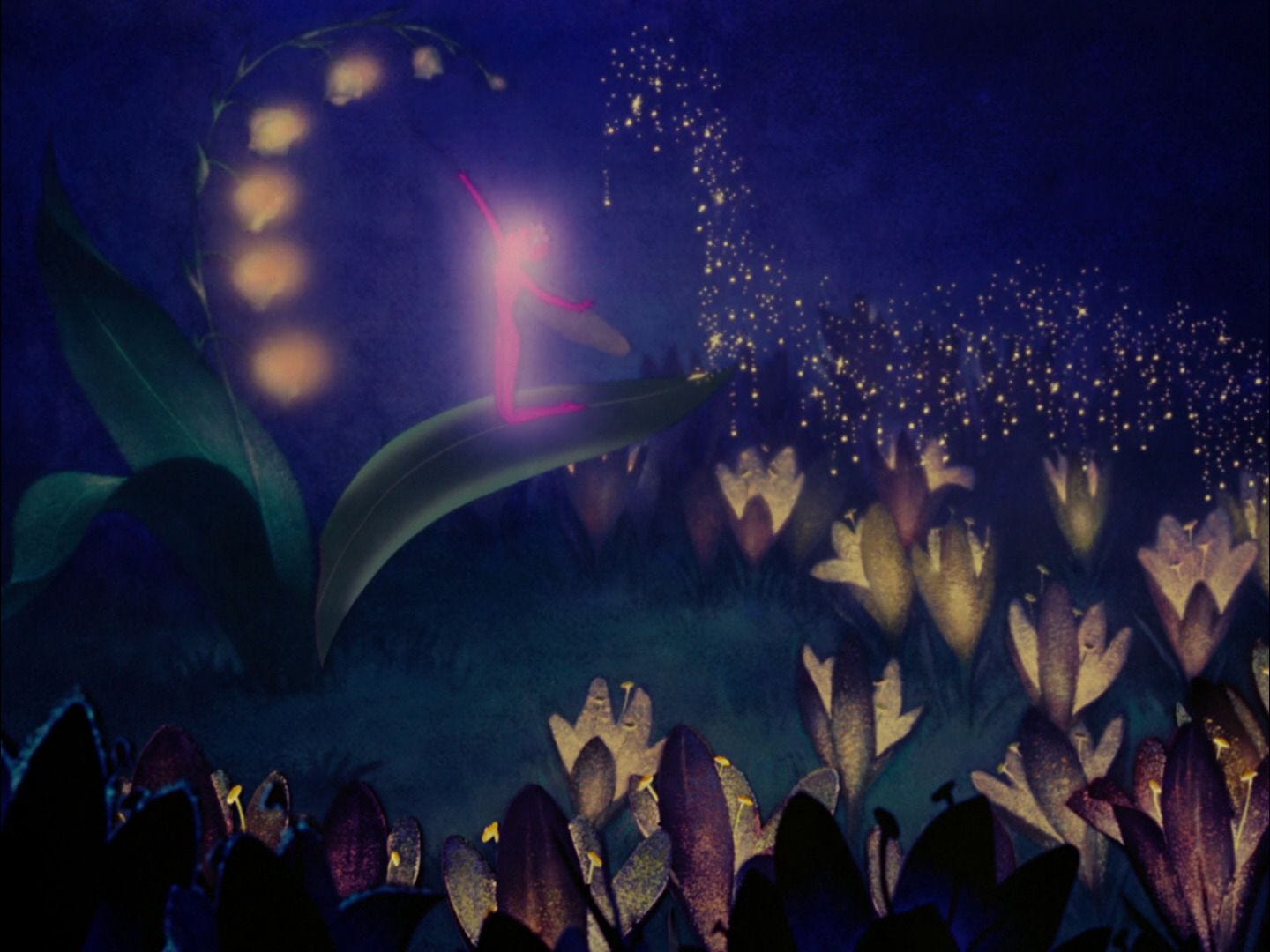EVERY GENRE PROJECT - March 13 - Fantasia
Genre of the Day - Fantasia
Album of the Day - Klaviersonaten KV 331 & 310; Fantasien KV 397 & 475 by Wolfgang Amadeus Mozart, as performed by Wilhelm Kempff (composed in the 1780s)
March 13, 2024
When I was a child, I was compelled by my parents to take the ubiquitous piano lesson. In short, I was not an A-list student. My sister and I were more dabblers than kids impassioned about one particular activity, so unfortunately this limited my work ethic and I would procrastinate on practicing my pieces and scrambled to satisfy my teacher come next lesson. I look back and shake my head. What was I preoccupied with at age 7 to distract me from practicing my damn pieces? One of my strongest memories, though, is that every year in addition to the regular nerve-racking recitals we were obliged to perform in, my teacher would also put on a much more pleasant students-only recital in which you got to know all the other weird little piano kids a sliver. Her yearly ritual was to throw on some of Disney’s Fantasia, one of its woefully under-discussed but strangest and coolest early films. It features an eclectic mix of animations set to eight famous compositions. It’s weird as hell and visually stunning.
Unfortunately, though, Fantasia uses no actual fantasia-styled compositions nor does it even thematically fit the spirit of this type of music. Sure, they were probably just going for a fancy, eye-catching name and may not have even thought about the genre, but still! Disin(ey)genuous! Fantasia strikes me because I hadn’t really considered that sometimes, back in the day, musicians like Mozart who were beholden to satisfying patrons to make money and thus had to work extremely hard and methodically would also occasionally just relax and write down less boxed in, more freewheeling compositions. Fantasia was the sound of composers and musicians letting their imagination run wild and eschewing traditional form. I guess it could be called one of the first formal experimental genres in western music.
Today is not the first time I have fallen victim to barely looking over the titles of an album before hitting play. Today’s work is a hodgepodge of chronologically discrepant Mozart works, but it primarily consists of sonatas with two fantasias thrown in the middle. If Fantasia is a pleasant memory from piano lessons, sonata is not. We used Suzuki, and looking back my favorite songbook was Book One because it featured the most varied group of songs, from the cheeky “Honey Bee” to the ominously enchanting “Chante Arabe” and Suzuki’s jaunty allegro. As you progressed in the books, though, I swear it was a straight flow of sonatas. I can’t hear some of the sonatas that feature on this album and not think of piano lesson induced stress (I do enjoy the allegretto piece, though.) Hell, I don’t even think I was the one who made it that far, but I definitely remember my older sister reaching some of these pieces. To return to my earlier point, though, I could’ve chosen a set that was just fantasias, but I realized having a counterweight was actually helpful in comparing their qualities.
Where the sonatas feel more tightly organized and methodical, the fantasias do feel more liberated. While listening, I could never anticipate what was coming next. Gorgeous glissandos up and down the piano unfurl into a soft lilt and then perky trills at the end of Fantasia in D Minor K. 397. The second Fantasia at hand in C Minor is a bit darker and richer throughout, but like the imagination, lapses into daydreams at the most unexpected moments. Translating an incredibly dense music theory account of what’s going on Fantasy in D Minor broke the spell only slightly: sure, there’s elements of improvisation, but the author argues that the subtle, genius structural consistencies throughout different parts is evident of a more carefully built composition than what the moniker fantasia might suggest. However, he concedes that it still manages to renounce strict rules and unfolds in a more fluid manner. As I often have emphasized in this column, and with all due respect to music theorists—my brain could literally never grasp what you guys do—neither my rookie takes nor expert ones can do true justice to the feeling of a genius musician shaking off the dust of convention and adding bolder colors to their palettes.





